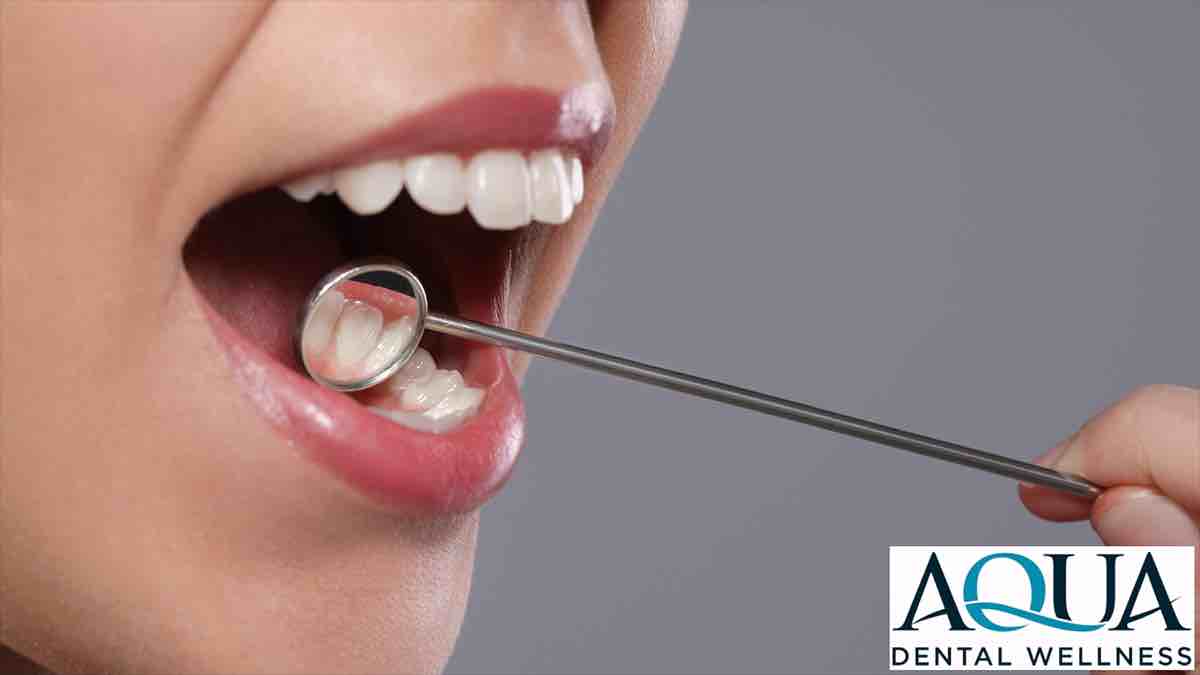What Is a Cavity Exactly?

Nobody wants cavities. After all, they’re unsightly and uncomfortable. Your dentist often reminds you to brush and floss properly to avoid cavities, but what are cavities exactly?
The quick explanation is that cavities are holes in teeth. Let’s dig deeper into how they form, what causes them, and ways to prevent them.
What Are Cavities?
Cavities are pits or holes in teeth caused by erosion.
The mouth contains good and bad bacteria. When the bad bacteria accumulate, they form a sticky film called “plaque.”
Plaque is removed by brushing. But when left to collect and persist further on the surfaces of teeth, acids in plaque can eat away at the enamel. This can result in holes or cavities.
How Do Cavities Form?
Enamel is a hard substance. It's the outermost layer of teeth, so it serves as a protective barrier. However, no matter how strong the enamel is, persistent acid attacks can corrode it.
Enamel replenishes the minerals it loses in a natural process. Though, if it’s losing minerals way faster than it can rebuild them, it can develop permanent damage, forming holes.
The plaque that clings to the surfaces of teeth attracts more harmful bacteria. It’s colorless, so it can be tough to spot. Proper brushing, flossing, and professional dental cleanings are crucial because cavities can develop before you know it.
Can Plaque Be Avoided?
Plaque occurs naturally on teeth. It happens due to food deposits, saliva, and harmful bacteria. But it can be removed so it no longer develops into cavities.
Cavities can affect people of all ages, although they are often associated with young children. Young children are unable to brush and floss their teeth properly and are likely to consume a starchy or sugary diet, which can make them more prone to cavities.
But even adults can have cavities. That’s why good oral hygiene and regular dental visits are crucial to avoiding cavities and tooth decay.
Can Plaque Be Avoided?
Plaque occurs naturally on teeth. It happens due to food deposits, saliva, and harmful bacteria. But it can be removed so it no longer develops into cavities.
Cavities can affect people of all ages, although they are often associated with young children. Young children are unable to brush and floss their teeth properly and are likely to consume a starchy or sugary diet, which can make them more prone to cavities.
But even adults can have cavities. That’s why good oral hygiene and regular dental visits are crucial to avoiding cavities and tooth decay.
Potential Causes of Cavities
- The following can increase your risk of developing cavities:
- Excessive consumption of sugary or starchy foods
- High intake of sweetened juices or fruit juices
- A diet high in acidic fruits
- Frequent intake of fizzy or carbonated beverages, such as soda and energy drinks
- Poor oral hygiene habits
Common Cavity Symptoms
When a cavity is only beginning to form, you may not notice any visible signs. There may be no pain or discomfort. But as it progresses, you’ll see or experience irregularities, including the following:
- Increased tooth sensitivity
- Pain or discomfort when teeth are exposed to changes in temperature
- Brown or black spots on teeth
- Pain when you chew or bite down
- Food debris getting trapped in teeth
- Unpleasant-smelling breath
Why Cavities Must Be Treated as Soon as Possible
The best time to treat a cavity is as early as possible. Routine dental checkups allow your dentist to spot signs of cavities and keep them from developing.
Cavities don’t heal on their own. A lost tooth surface also doesn’t grow back. Issues with dental costs and dental anxiety can cause you to ignore dental problems, such as cavities. However, this will only worsen the problem and heighten any discomfort.
Don’t wait too long to get a cavity treated. If you need your teeth checked in Winnipeg, MB, contact Aqua Dental Wellness. Let's keep your smile cavity-free.